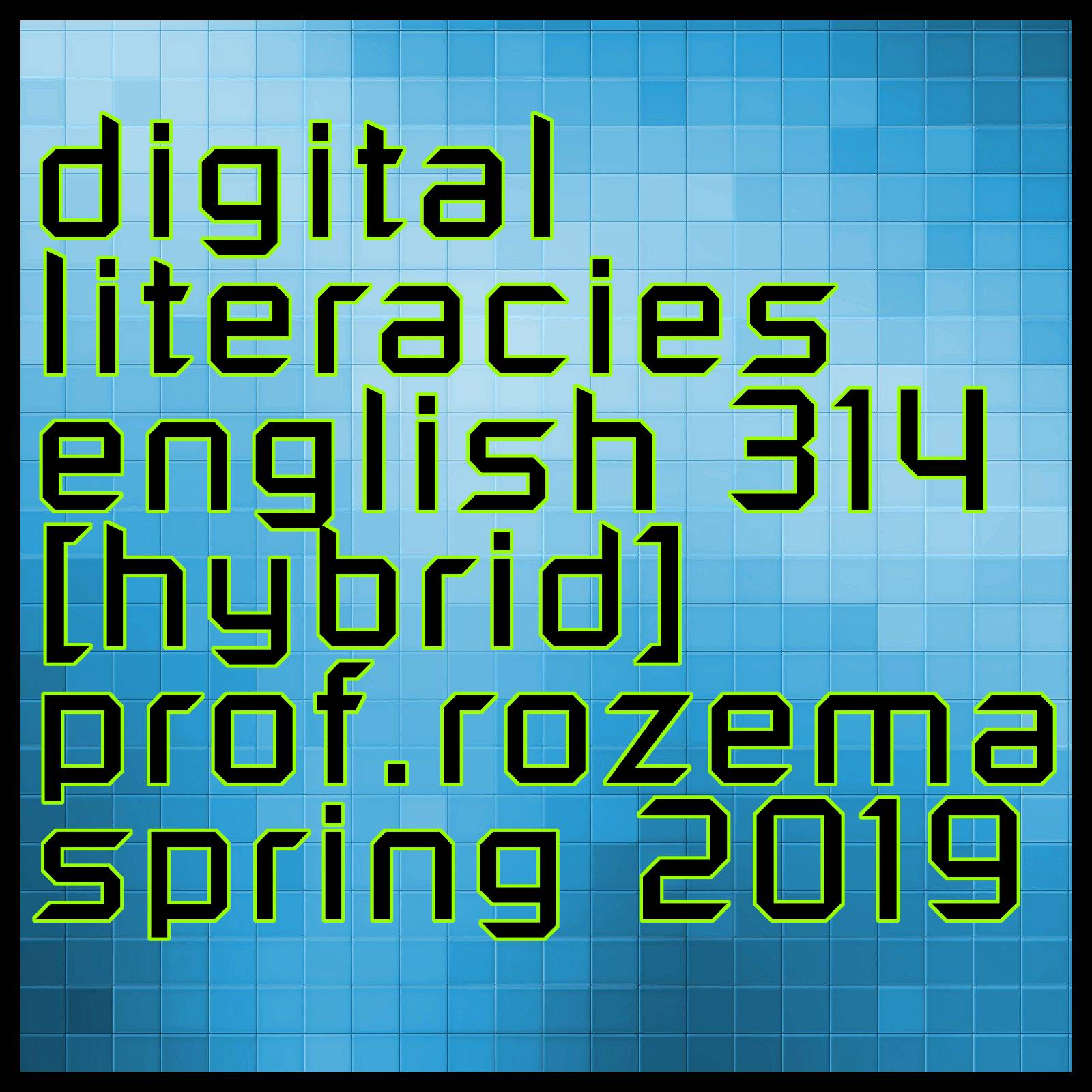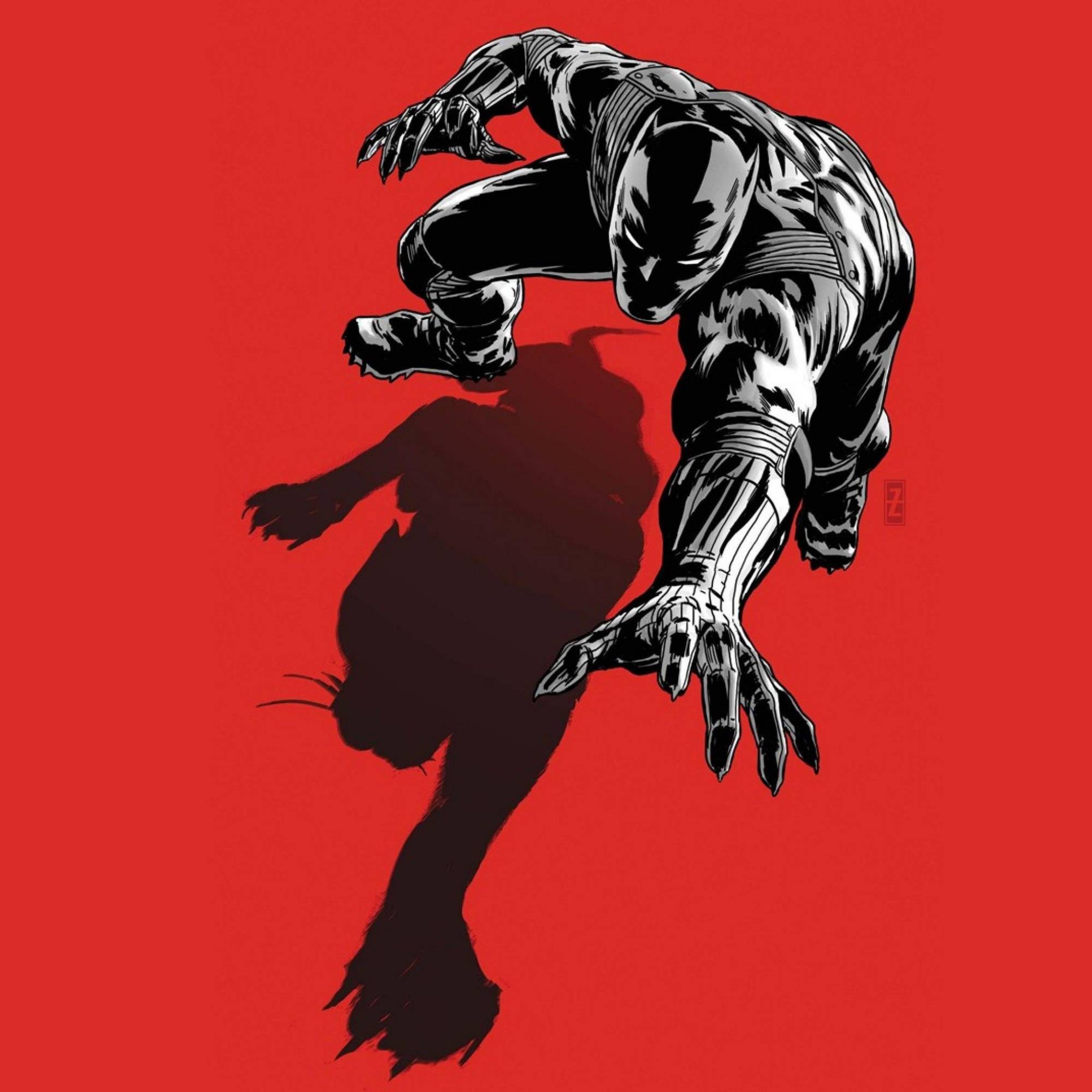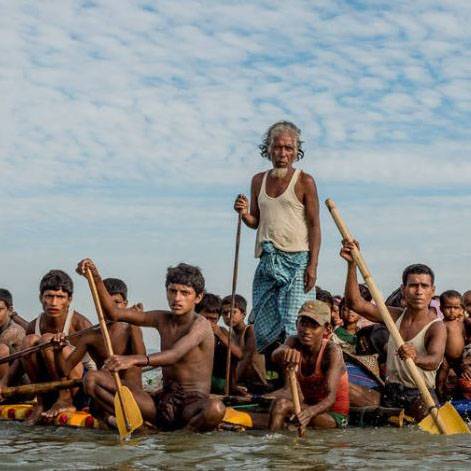Upcoming Undergraduate Courses, 2019-2020
Spring / Summer 2019

ENG 314: Digital Literacies
ENG 314: Digital Literacies
Spring 2019
T/R 12:00-3:20
Hybrid: Tuesday f2f, Thursday online
Professor Robert Rozema
English 314 examines literary production and consumption as it occurs in digital spaces with digital tools. This course will foster students' abilities to critically interpret literary texts using digital tools. Students will study literary authorship, readership, and analysis from the inception of the printing press to the present. We will focus on three central metaphors that help us understand digital literacies: the Library of Babel, the Garden of the Forking Paths; and the Secondary World. These three metaphors offer explanations of the way technologies--and especially digital technologies--influence the authorship, genres, publishing, preservation, and readership of literary and non-literary texts. We will read print and digital works, both creative and scholarly, speculative and practical, that guide our understanding of digital literacies and our central metaphors. And we’ll produce digital texts of our own that demonstrate our understanding of course ideas.

ENG 331: Comics and Graphic Novels in Contemporary Culture
ENG 331: Comics and Graphic Novels in Contemporary Culture
Spring 2019
Online
Professor Robert Rozema
Maus. Watchmen. Fun Home. The Dark Knight Returns. Comics like these have earned both critical and popular acclaim, addressed a range of serious subjects, and developed their own visual grammar and narrative conventions. This online course, offered in the spring of 2018, will focus on both iconic and lesser-known works of the comics medium, situating them within a comic studies approach that challenges the distinction between high and low culture. Students will learn to recognize the formal elements of comics, examine a range of comics genres, consider the possibilities and limitations of this new narrative medium, critique the representation of race, class, and gender within comics, and write critical responses to comics in both print and visual media. Some key questions we’ll try to answer:
- What are comics?
- What are the constitutive elements of comics?
- Why and how have comics emerged as a medium over the past 100 years?
- What works constitute the graphic canon, and how have these works gained their status?
- As a new means of narrative, what are the limits and possibilities of the comics medium?
- What are the possibilities and problems of representing race, class, and gender in comics?
- What genres and subgenres exist within the comics medium?
- What is comics studies? How do comics studies scholars write about comics?
- What does the popularity of comics indicate about American culture and other cultures?
Fall 2019

ENG 380 Refugee Literature & ENG 469 Teaching Refugees in Our Community
Paired Courses:
ENG 380 Refugee Literature & ENG 469 Teaching Refugees in Our Community
Fall 2019
T/R @ 1:00p
Professor Pat Bloem and Professor Laura VanderBroek
ENG 380 - While the literature of refugees is marked by journeys of alienation, and loss of and struggle for identity, it is also known for amazing story telling. This course explores how authors portray the hopes and fears of exiled peoples. Fulfills Category C.
ENG 469 - In ENG 469 you will get the chance to teach English to newly resettled refugees from such countries as Burma, Somalia, Sudan, the Congo. You will build your understanding of second language teaching and curriculum development. Fulfills Category E.
NOTE: Students required to sign up for both classes. Schedule = 3 hrs/wk in class, 3 hrs/wk field placement (times vary), and 1 hour in student study circles. Assignments adjusted to fit 6 credit hours.

